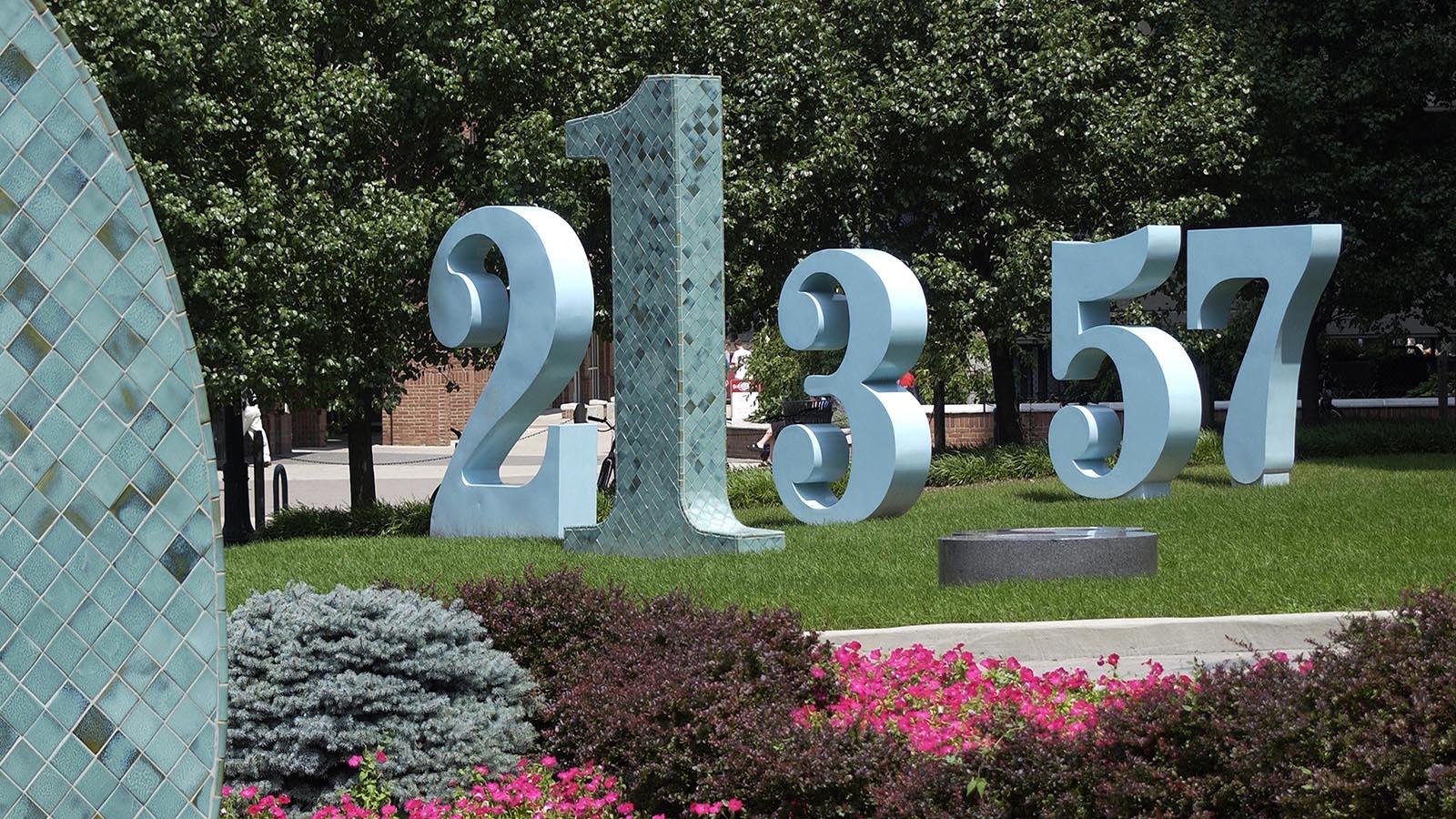Tutoring and Course Resources
View Tutoring and Course Resource by Course or scroll down for descriptions of each resource, including additional resources not mentioned by course.
Tutoring and Resources by Course
Instructors hold shared office hours in Cockins Hall 142.
See your Carmen page for Zoom links and hours.
Tutoring
Handouts
Tutoring
Interactive Online Content
Handouts
Tutoring
Interactive Online Content
Handouts
Tutoring
Tutoring
Tutoring
Types of Tutoring and Course Resources
Drop-in tutoring is often used when students need help on some of their homework problems. Our tutor rooms are a great place to work on math homework or study for exams. Students often use the space like a library with the added benefit of a tutor or peers nearby. Our tutors focus not only on helping you solve the problem at hand, but also work with you to build your understanding and knowledge to prepare you for exams.
Appointments are for when you need more assistance than you're able to receive in drop-in tutoring or office hours. For example, students who find they regularly need help on more than half the homework problems.
These workshops will summarize and synthesize some of the most difficult or most important concepts in your course. These workshops are highly interactive experiences. You will be asked to solve problems before seeing the solutions. As you go through the lesson, keep a look out for buttons which will lead you to more information. You can go through the whole workshop or jump straight to the part you are having difficulty with.
You will get the most out of this workshop if you actively engage with the materials. A workshop handout is available for you to take notes. We strongly suggest working through the workshop with a group of friends from your class if possible.
Online lessons are the replacements for lectures in the department's online and hybrid courses. (Students in such courses should access their lessons through Carmen to ensure they receive a grade.)
These online, interactive lessons give you the option of reviewing the content from an entire section or jumping right to the problem type or material you are having trouble with. Built in quick-quizzes let you know if you are understanding the material. Numerous video examples will strengthen your understanding. Summary slides will help you remember the important points.
- Khan Academy: Online videos explaining many academic subjects (including math and statistics) in short videos
- Wolfram Alpha: An online search engine that includes information about mathematics and statistics and solves problems as well. Warning: Be careful not to become dependent on this site. You won't have it for your exams!
- Desmos: Online and interactive graphing
- Paul's Online Math Notes
- Organic Chemistry Tutor on Youtube
- 3blue1brown on Youtube
- MichaelPennMath on Youtube
- ProfessorLeonard on Youtube
- OSU Library Math Resources: Math resources put together by the OSU library
Success at OSU starts with doing well in classes. But, some of the strategies that worked in high school may not work in college.
Math course tips and tricks guide
Dennis Learning Center Study Strategies Workshops
College is Challenging
- College courses move faster. They cover as much material in one semester as might be covered in a whole year in high school.
- The material college students will be learning is more complex and challenging.
- Instructors expect students to work and learn more independently.
- Incoming students find the strategies that worked in high school no longer work in college.
Work Smart
- Do it today, not tomorrow. Putting off work is the number one problem that gets students in trouble.
- Use time wisely. You won't learn unless you put in the time, but you should use your time to greatest effect.
- Use the study strategies that work.
Get Expert Feedback
- Ask questions in class. If one student has a question, chances are other students do, too. Be brave. Ask. It's the best way to learn.
- Visit your instructor during their office hours. If something in a lecture or the textbook isn't clear, or if you have a question about an assignment, go to office hours. Instructors hold them to help students.
- Take advantage of the experts at the MSLC. Our tutors in math and statistics go through special training in order to effectively identify and help you with your math difficulties.
Visit the MSLC Early and Often
We get busy, especially around midterms and at the end of the semester. Students who visit early get the most one-on-one time, and have enough lead-time to let material sink in.
- Establish a routine. Visit the MSLC a couple of hours every week. Don't wait till the day of the exam. Students can't learn the whole course in one day.
- Be a repeat visitor. Students can come to the MSLC every day!
Math Advisors
The Math Advisors are available for assistance in the following areas:
- Evaluation of transfer credit
- Arrangements for proficiency exams
- Math Course changes
- Information on math placement and testing
- Information on the requirements for the various programs in math
Academic Support Services
Mathematics: The MSLC maintains a list of private tutors for hire. The tutors have either taught for the OSU math department, or have previously worked in the MSLC tutor rooms. The MSLC does not coordinate, schedule, or host private tutoring. To request the private tutor list, please email mslc@math.osu.edu from your OSU name.# email account.
Statistics: If you are currently enrolled in a statistics course offered by the OSU statistics department, you may contact Jean Scott about hiring a private tutor. She can be reached at (614)-688-5913 or scott.961@osu.edu.

